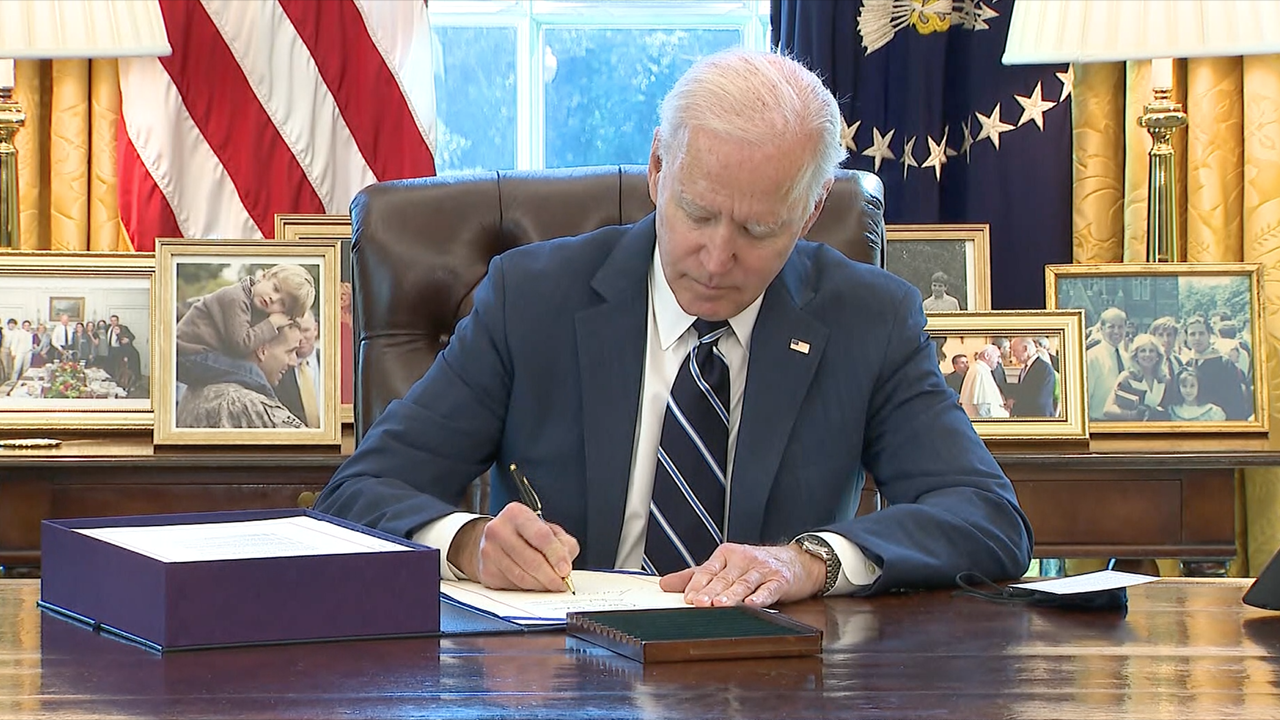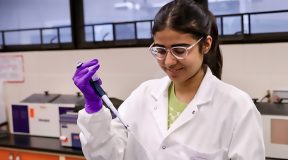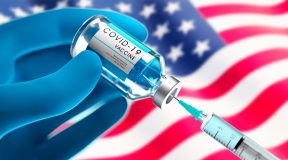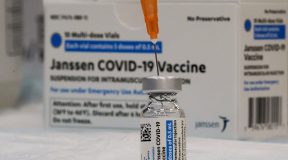 SARS CoV-2 better known as coronavirus. Source: CDC
SARS CoV-2 better known as coronavirus. Source: CDC
SARS CoV-2 becoming the United States’ top third disease killing more than 170,000 people per year.
As of this week, John Hopkins University is reporting more than 307,000 deaths in the U.S. since the beginning of the pandemic. That number keeps growing up and might outpace the accidental death toll, leaving COVID-19 in third place of deaths according to the Centers for Disease Control and Prevention.
“We have limited data on 2020 deaths by cause, and no final official numbers yet for 2019,” Jeff Lancashire, spokesperson for the National Center for Health Statistics, said in an email sent to CNN. “But we do know by looking at the final death totals in 2018 for the two leading causes of death in the U.S., Heart Disease and Cancer.”
The CDC reports more than 647,000 heart disease fatalities per year, setting it at the top of all causes of deaths in the U.S. Following cancer diseases reaching almost 600,000 victims, and accidents at 160,201 annually, bringing this last one on third place.
According to a press release on Novavax Inc., a biotechnology laboratory developing innovative vaccines for serious diseases, they now have a vaccine that generates a promising immune response to the virus. The trial is on phase one including 131 participants between the ages of 18 and 59.
The release confirmed that 100 percent of colleagues who take a second dose of NVX-CoV2373, developed a wild-type antibody response neutralizing the virus.
Meanwhile, the race to develop a vaccine is among many biotechnology companies including Moderna. The Cambridge, Massachusetts-based company tested its vaccine to 30,000 volunteers and now is just about to get the Federal Administration Drug to approve it.
“We are working with governments around the world and others to ensure a vaccine is accessible regardless of ability to pay,” he said. Stephane along with other experts agreed that the virus is going nowhere soon, therefore, people need a vaccine urgently to stop the virus.
Despite the tireless efforts among medicine laboratories trying to develop a vaccine, the World Health Organization faces a new economic reversal as President Trump defunded the institution. The $400 million dollars contributions per year from the U.S. might lead to a delay in the efforts on research and studies to find cures for global diseases and infections.
“WHO is fundraising via other sources. They can shift around their core funding a bit but it will hurt some programs,” Dr. Eric Feigl-Ding, an epidemiologist and health economist at the Federation of American Scientists, testified in a Tweet message. “But the vaccine initiatives are funded separately.”
Last updated on March 29, 2021 by Ramón Warini









